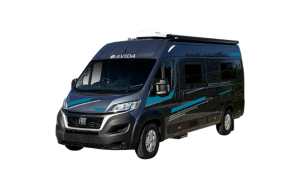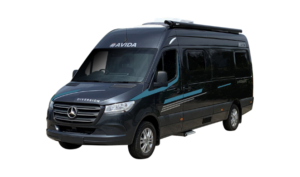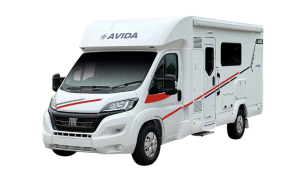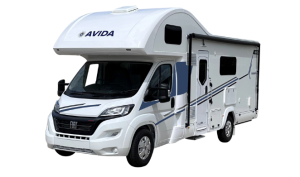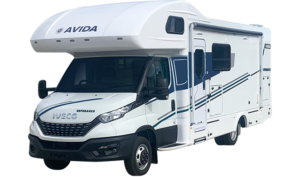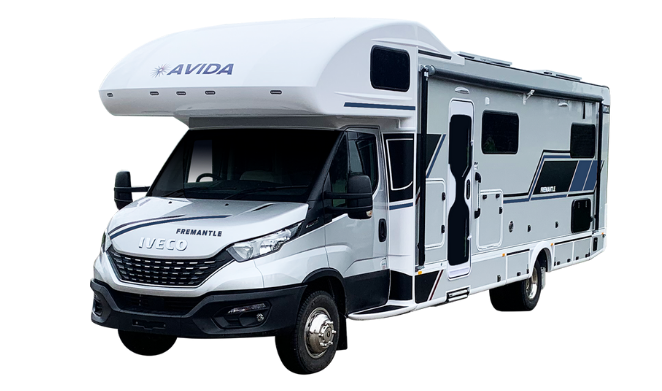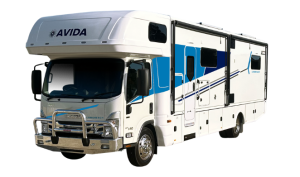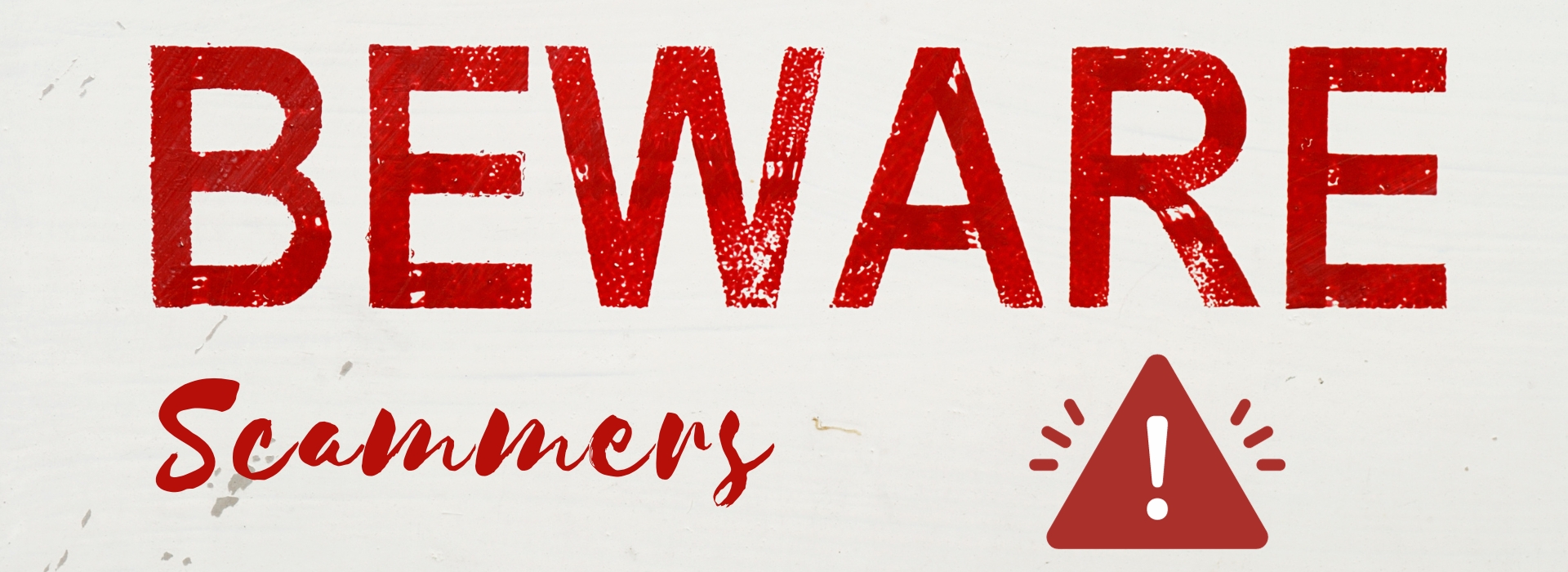
The dream of owning a motorhome or caravan is a cherished one for many, offering the freedom to travel and explore the world at your own pace. However, this dream can quickly turn into a nightmare if you fall victim to a scammer website. With the rise of online shopping and the allure of great deals, scammer websites have become more prevalent than ever, targeting unsuspecting consumers eager to make a purchase. In this article, we’ll shed light on scam websites in the motorhome and caravan industry and provide valuable tips and tricks to help you spot and avoid them.
The Scam Epidemic
Scammer websites are designed to deceive consumers by mimicking legitimate businesses. They employ various tactics to lure potential buyers and take their hard-earned money without delivering the promised goods. In the world of motorhomes and caravans, these scammers prey on the desires of adventure seekers, offering unbelievably low prices and false promises to exploit their vulnerability.
Spotting a Scam Website
Unusual Website URL: One of the first warning signs of a scam website is an unusual URL. Be cautious of websites that have the retailer’s name (or a slightly altered version) combined with unnecessary words like “shop,” “cheap,” “sale,” or “buy.” Legitimate businesses usually have straightforward, professional website addresses.
Suspiciously Low Prices: If a deal seems too good to be true, it probably is. Scammers often create a sense of urgency, claiming that it’s a “once-in-a-lifetime offer” or a product is available “for a limited time only.” Take your time to research and compare prices from different sources before making a decision.
Spelling and Grammar Errors: Pay close attention to the quality of the website’s content. Scam websites often have poor spelling, grammar, and odd formatting. Check for essential sections like Terms and Conditions and About Us. Contradictory information and numerous errors in these documents can be red flags.
Limited Payment Options: Be wary if the website only accepts payments through direct debit bank transfers, money orders, or virtual currencies. These payment methods offer scammers a level of anonymity, making it difficult to recover your money if you’re scammed. Legitimate businesses typically offer a variety of secure payment options.
Check for Security: Look for the padlock symbol next to the website URL. This indicates that the website is secure, but exercise caution even if you see this symbol. Scammers can obtain fake security certificates, so it’s not a foolproof guarantee of legitimacy. Always verify other aspects of the website as well.
Tips for Protecting Yourself
Research the Company: Before making any purchase, research the company thoroughly. Check for reviews, ratings, and customer feedback. Legitimate businesses have a strong online presence and a history of positive customer interactions.
Contact Information: Ensure the website provides clear and accurate contact information, including a physical address and phone number. Try contacting them to verify their responsiveness and authenticity.
Trust Your Instincts: If something doesn’t feel right, trust your instincts and walk away. Scammers often use high-pressure tactics to rush you into making a purchase. Take your time to evaluate the legitimacy of the website.
Use Secure Payment Methods: Whenever possible, use secure payment methods like credit cards that offer fraud protection. Avoid making payments through methods that offer no recourse for recovering your money.
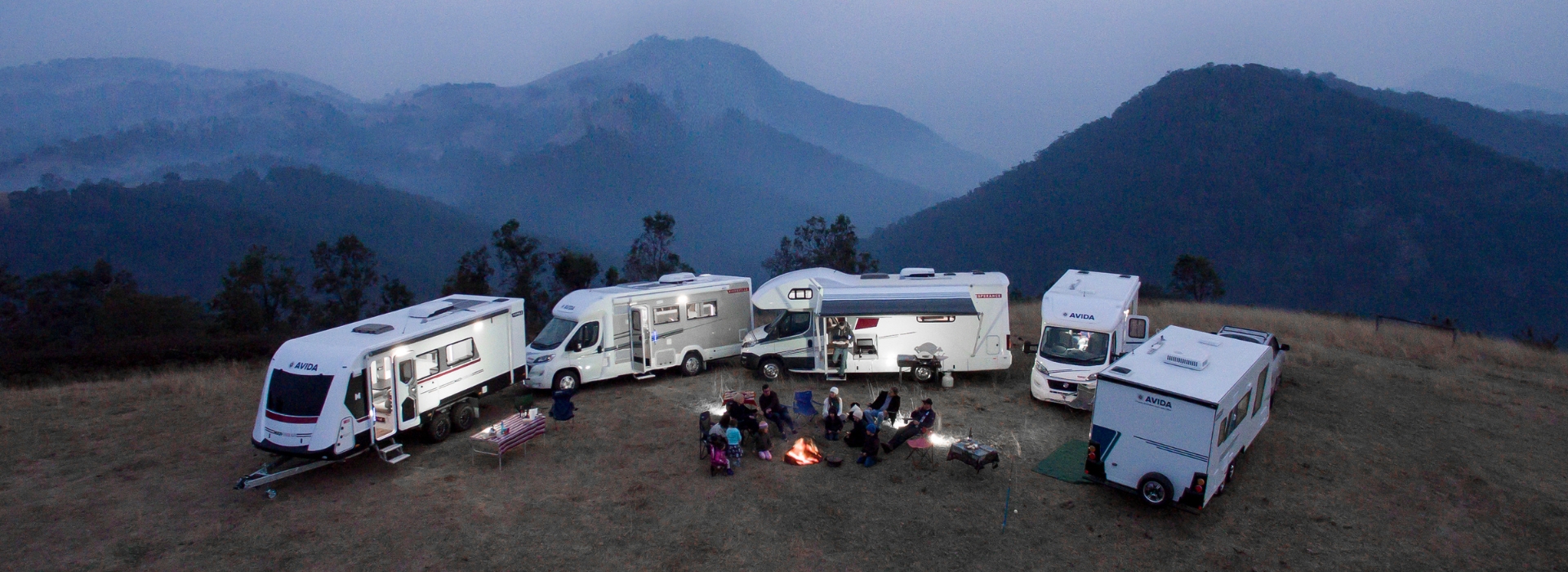
While the internet offers convenience and access to a world of products, it also presents opportunities for scammers to prey on unsuspecting consumers. When it comes to purchasing motorhomes and caravans, your due diligence is crucial. Be vigilant, follow the tips and tricks mentioned in this article, and prioritise your online safety. By doing so, you can protect your hard-earned money and ensure that your dream of owning a motorhome or caravan doesn’t turn into a financial nightmare.

